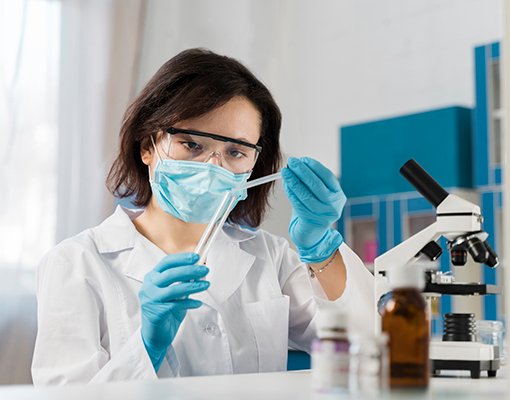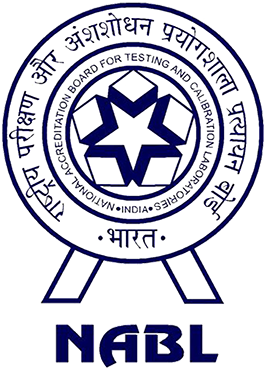ADH- Anti Diuretic Hormone
The anti-diuretic hormone (ADH) test measures the level of ADH, also known as vasopressin, in the blood. ADH is produced by the pituitary gland and regulates water balance by controlling the amount of water reabsorbed by the kidneys. Elevated or reduced levels of ADH can indicate disorders such as diabetes insipidus, where there is insufficient ADH production, or the syndrome of inappropriate ADH secretion (SIADH), where there is excessive ADH. The test helps diagnose and manage these conditions.
Anti-diuretic hormone (ADH) deficiency occurs when the pituitary gland does not produce enough ADH, also known as vasopressin. ADH is crucial for regulating the body's water balance by signaling the kidneys to reabsorb water and reduce urine output. When ADH levels are insufficient, it leads to a condition known as diabetes insipidus (DI), characterized by excessive thirst and the production of large volumes of dilute urine.
There are two main types of DI: central diabetes insipidus, resulting from damage to the pituitary gland or hypothalamus, and nephrogenic diabetes insipidus, where the kidneys are unable to respond to ADH. Symptoms of ADH deficiency include frequent urination, extreme thirst, dehydration, and electrolyte imbalances.
Diagnosis typically involves measuring ADH levels, assessing urine output and concentration, and ruling out other causes of similar symptoms. Treatment may include synthetic ADH (desmopressin) for central DI or addressing the underlying cause in nephrogenic DI. Managing ADH deficiency is essential to prevent complications related to dehydration and electrolyte disturbances.
एंटी-डायूरेटिक हार्मोन (ADH) की कमी तब होती है जब पिट्यूटरी ग्रंथि पर्याप्त ADH, जिसे वासोप्रेसिन भी कहा जाता है, का उत्पादन नहीं करती। ADH शरीर के पानी के संतुलन को नियंत्रित करने के लिए महत्वपूर्ण है, क्योंकि यह किडनी को पानी पुनः अवशोषित करने और मूत्र उत्पादन को कम करने का संकेत देता है। जब ADH स्तर अपर्याप्त होते हैं, तो यह एक स्थिति को जन्म देता है जिसे डायबिटीज इंसिपिडस (DI) कहा जाता है, जिसमें अत्यधिक प्यास और बड़ी मात्रा में पतला मूत्र का उत्पादन होता है।
DI के दो मुख्य प्रकार हैं: केंद्रीय डायबिटीज इंसिपिडस, जो पिट्यूटरी ग्रंथि या हाइपोथैलेमस को क्षति से उत्पन्न होती है, और नेफ्रोजेनिक डायबिटीज इंसिपिडस, जिसमें किडनी ADH के प्रति प्रतिक्रिया करने में असमर्थ होती है। ADH की कमी के लक्षणों में बार-बार पेशाब आना, अत्यधिक प्यास, निर्जलीकरण, और इलेक्ट्रोलाइट असंतुलन शामिल हैं।
निदान में सामान्यतः ADH स्तरों को मापना, मूत्र उत्पादन और सांद्रता का मूल्यांकन करना, और समान लक्षणों के अन्य कारणों को बाहर करना शामिल होता है। उपचार में केंद्रीय DI के लिए सिंथेटिक ADH (डेस्मोप्रेसिन) या नेफ्रोजेनिक DI में अंतर्निहित कारण को संबोधित करना शामिल हो सकता है। ADH की कमी का प्रबंधन निर्जलीकरण और इलेक्ट्रोलाइट असंतुलन से संबंधित जटिलताओं को रोकने के लिए आवश्यक है।
We provide blood tests in Noida, Gurgaon,
Faridabad,
Delhi,
Indirapuram, Ghaziabad, Greater Noida, and Greater Noida Extension(west).
















